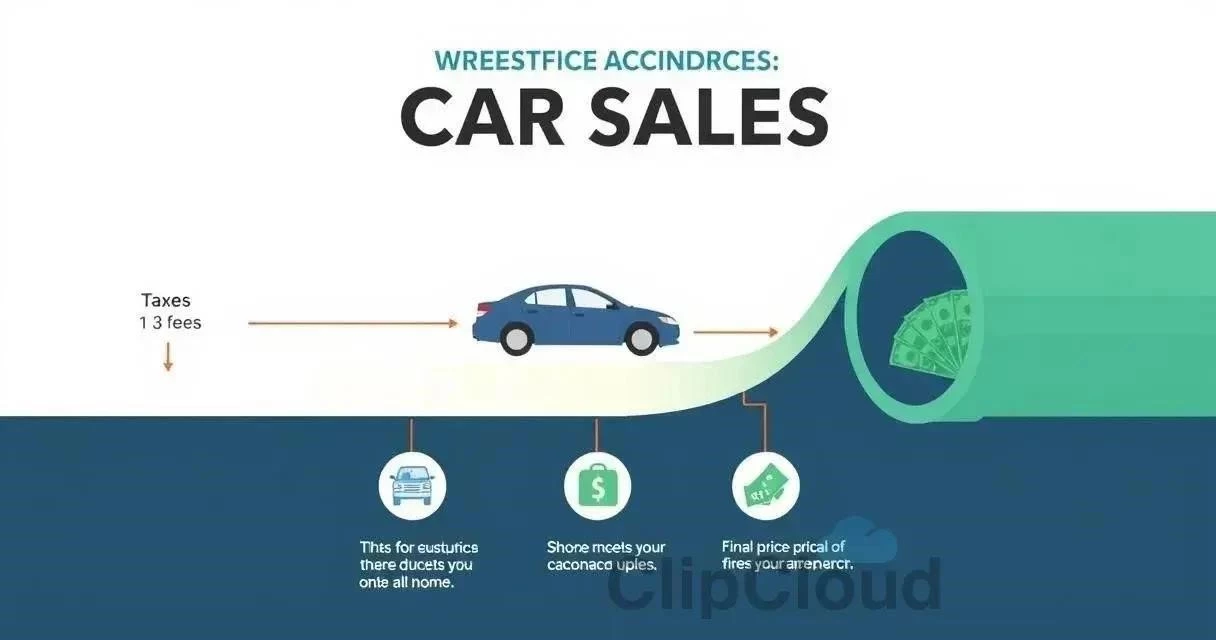Experiencing a sudden and severe toothache, a traumatic injury to the mouth, or a rapidly spreading infection around a tooth can be incredibly distressing, demanding immediate attention. Ignoring these signals and delaying treatment for what might require an emergency tooth removal can lead to a cascade of complications, impacting not only your oral health but also your overall well-being. Therefore, understanding the significance of prompt intervention in such scenarios is crucial for safeguarding your health and preventing further deterioration of your condition. The need for emergency tooth removal should never be underestimated.
Recognizing the Signs: When is Tooth Extraction an Emergency?
Not every toothache warrants an immediate trip to the dentist. However, certain symptoms indicate a situation requiring urgent care. These include:
- Uncontrollable Bleeding: Bleeding that doesn’t stop after applying pressure for a reasonable amount of time.
- Severe Pain: Pain that is debilitating and unresponsive to over-the-counter pain medication.
- Facial Swelling: Rapidly increasing swelling in the face, jaw, or neck, which can indicate a serious infection.
- Trauma: A tooth that has been completely knocked out or severely fractured due to an injury.
- Infection: Signs of infection, such as pus drainage, fever, and difficulty swallowing or breathing.
The Dangers of Delaying Treatment
Procrastinating when faced with an emergency dental situation can have severe consequences. Here’s why seeking immediate care is vital:
Preventing Infection Spread
A dental infection can quickly spread to other parts of the body, including the bloodstream, leading to sepsis, a life-threatening condition. Prompt tooth extraction can eliminate the source of the infection and prevent its spread.
Managing Severe Pain
Ignoring severe tooth pain can significantly impact your quality of life, making it difficult to eat, sleep, and concentrate. Timely treatment can alleviate the pain and restore your comfort.
Avoiding Bone Loss
When a tooth is missing, the surrounding bone can begin to deteriorate. Immediate tooth removal followed by appropriate restorative treatment, such as a dental implant, can help preserve bone density.
Reducing Overall Health Risks
Studies have linked poor oral health to a range of systemic diseases, including heart disease, diabetes, and stroke. Addressing dental emergencies promptly can contribute to better overall health.
What to Expect During an Emergency Tooth Removal
The process of emergency tooth extraction typically involves:
- Examination and Diagnosis: The dentist will examine the affected tooth and surrounding tissues to determine the cause of the problem.
- Anesthesia: Local anesthesia is administered to numb the area and ensure a pain-free procedure.
- Extraction: The tooth is carefully extracted using specialized instruments.
- Post-Extraction Care: The dentist will provide instructions on how to care for the extraction site to promote healing and prevent complications.
Choosing to prioritize your oral health by seeking timely treatment for dental emergencies can significantly impact your well-being. Remember, prompt action is key when it comes to emergency tooth removal, ensuring you receive the necessary care to alleviate pain, prevent complications, and restore your oral health.
Frequently Asked Questions About Emergency Tooth Extractions
Do you find yourself wondering what questions to ask your dentist during an emergency tooth removal? Are you concerned about the cost and how to manage it? Perhaps you’re curious about the various pain management options available to you post-extraction? Let’s delve into some common queries to help you feel more prepared.
What Types of Anesthesia are Typically Used?
Is local anesthesia always enough? What about sedation options for those with dental anxiety? Are there risks associated with each type, and how do you determine which is best for your situation? Do you need to inform your dentist of all medications and supplements you’re taking before the procedure?
What Post-Extraction Care is Crucial for Healing?
Are you clear on the specific instructions for cleaning the extraction site? How often should you change gauze, and what signs indicate a potential infection? Should you stick to a strictly liquid diet initially, and for how long? Is there anything you absolutely shouldn’t do in the days following the extraction to avoid complications, like smoking or using a straw? What if you accidentally dislodge the blood clot?
What are the Potential Complications, and How are They Managed?
Have you considered the possibility of dry socket? What are the symptoms, and how quickly should you contact your dentist if you suspect you have it? Are there other potential complications, such as nerve damage or excessive bleeding, that you should be aware of? What measures can your dentist take to address these issues promptly and effectively?
What are the Options for Replacing the Missing Tooth?
Do you understand the long-term implications of leaving a gap after a tooth extraction? Are you aware of the various tooth replacement options available, such as dental implants, bridges, and dentures? What are the pros and cons of each, and which might be the best fit for your individual needs and budget? Should you start thinking about tooth replacement immediately after the extraction, or is it something you can postpone?
Ultimately, addressing these questions proactively with your dentist can empower you to make informed decisions and navigate the process of emergency tooth removal with greater confidence. Remember, open communication is key to a successful and comfortable experience.

